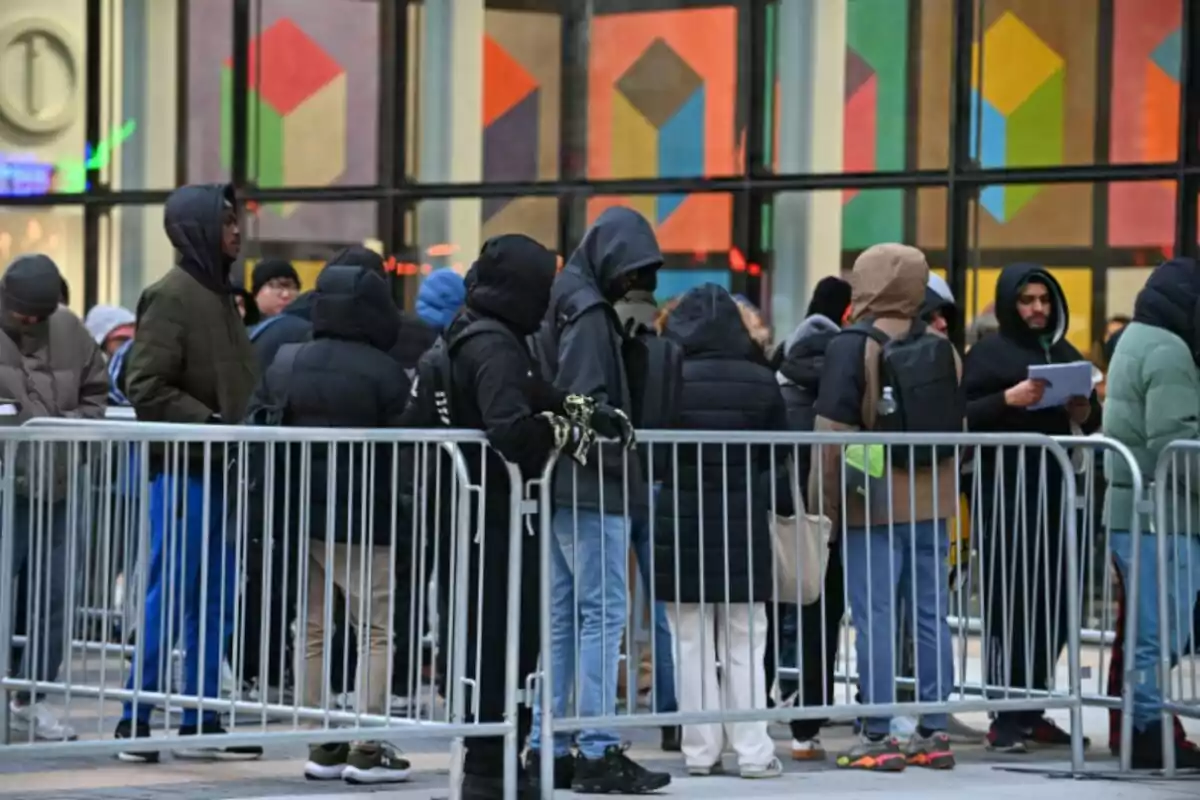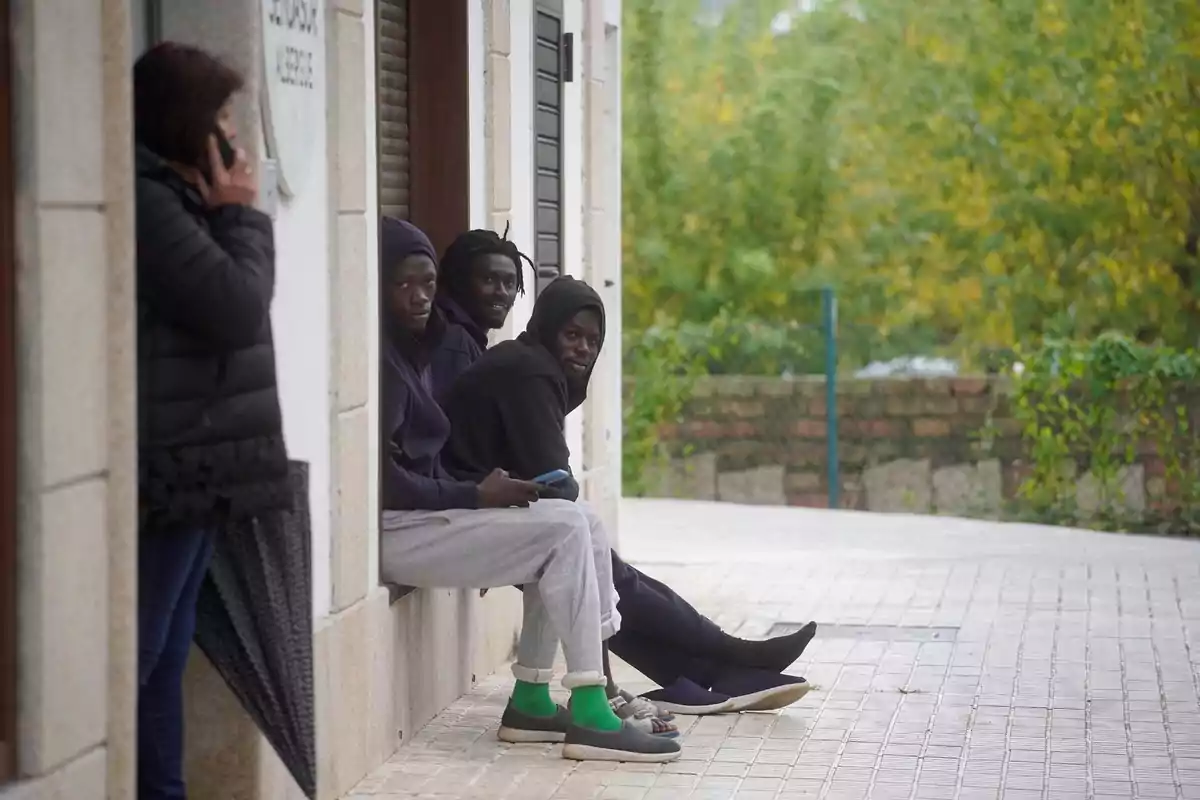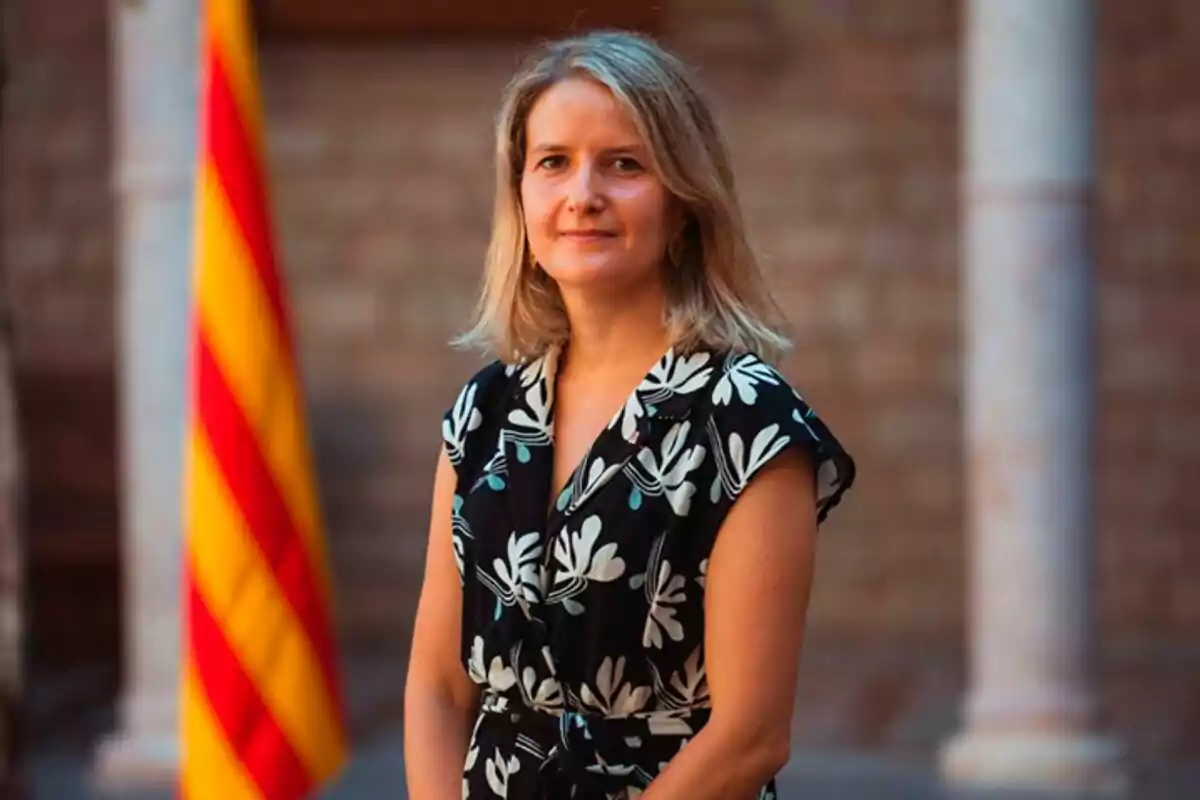
A new law will allow 200,000 illegal immigrants to be regularized in Catalonia.
The Minister of Social Rights and Inclusion has highlighted the positive impact of the measure
The Government delegate in Catalonia, Carlos Prieto, has estimated that up to 200,000 immigrants could be regularized in Spain over the next two years.
This forecast is due to the implementation of a new immigration regulation, approved in November and set to take effect on Tuesday, May 20. Prieto highlighted this figure during an informational session in Barcelona, as part of a series of conferences on the regulation.

The delegate reported that in 2024, nearly 290,000 regularization files were solved. So far in 2025, more than 54,000 cases have already been processed.
According to Prieto, this regulation represents an opportunity to improve the social and economic inclusion of immigrants. He emphasized that migration is "a necessity" due to the aging Spanish population.
The delegate defended the arrival of immigrants as an essential asset for the sustainability of the country's economic and social system. He also called for combating hate speech and misinformation affecting migrants.
He added that resources in the immigration offices in the four Catalan provinces will be increased to expedite procedures. An increase of between 30% and 40% in these resources is expected.
The counselor defends regularization
The counselor of Social Rights and Inclusion, Mònica Martínez Bravo, highlighted the positive impact that the streamlining of regularization processes will have on many people's lives.
For her, facilitating these procedures is essential to allow immigrants to develop their life projects in Spain. She also noted that the new regulation will reduce bureaucracy and open new paths for regularization, allowing for a "more realistic, humane, and efficient" model.

The immigration regulation, which will come into force on May 20, introduces a significant novelty. It is the creation of the "second chance arraigo." This mechanism will allow immigrants who have remained in Spain without papers for a while to regularize their situation more accessibly.
The measure homogenizes the figures of arraigo, reducing the required residency time from three to two years to access them. It also relaxes the required conditions.
Migratory boom
Beneficiaries of the new arraigo will be able to start working from the moment of their application, facilitating their integration into the labor market. These modifications aim to simplify procedures and make them more accessible to a larger number of people. The change in the regulation's approach responds to a more inclusive immigration model adapted to Spain's social and economic needs.
However, the regularization has also been criticized by sectors that believe it may cause a pull effect. The massive regularization of immigrants occurs amid a crisis due to the uncontrolled surge of illegal immigration in Spain.
Moreover, Spain is going against the rest of the EU. While other countries are tightening entry conditions, Spain not only doesn't remedy but also favors the regularization of illegal immigrants.
More posts: